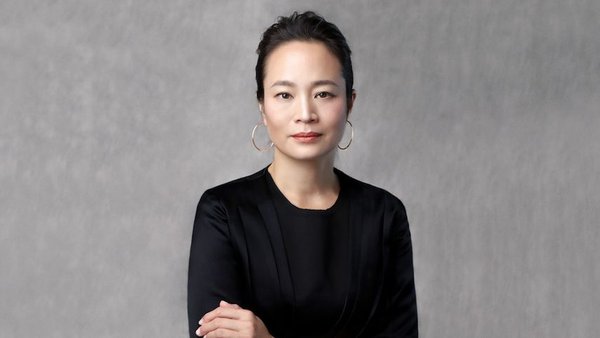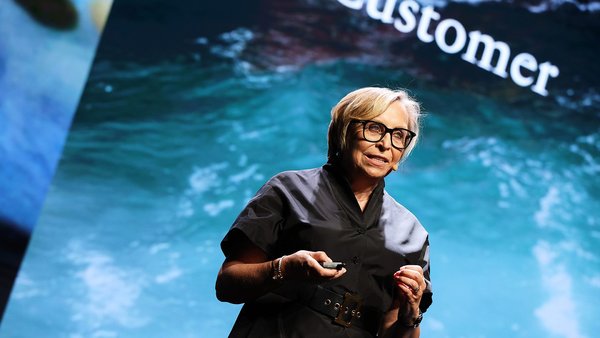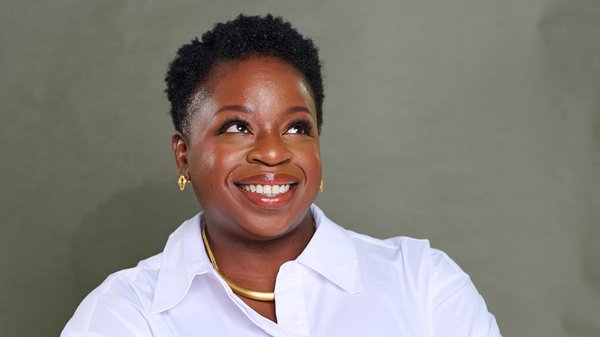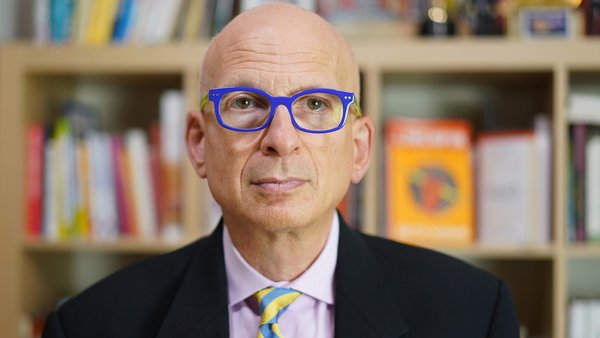Andreas Krasser’s Strategy Diet /
Contagious asks top advertising strategists about their media consumption and research habits
James Swift
/
Photo by Juri Gianfrancesco on Unsplash
Have you ever wanted to know what the ad industry’s sharpest strategists feed their brains on a daily basis, or what resources they swear by when tackling a brief?
We have. So we’re asking.
Strategist-turned-CEO Andreas Krasser runs the DDB Group in Hong Kong. Krasser has won numerous awards for his work as a strategist, including Lions and Effies, and he was twice named planner of the year by Campaign magazine (once in 2014 for North Asia, and once in 2017 for Greater China).
What media do you consume that makes you better at your job or helps you think about strategy generally?
Oddly enough, I believe it’s often non-strategy related media that helps me with my work. Maybe not immediately, but I found that ‘random knowledge’ can come in quite handy in regards to making unexpected mental connections that allow me to see things through a different lens.
I’ve always been a huge fan of talk radio, so it should be no surprise that I am utterly addicted to podcasts. My all-time favourite is probably Gimlet Media’s Reply All, a show about the Internet. I also really enjoy listening to The Joe Rogan Experience – not necessarily the celebrity guest episodes, but those that feature specialists from different fields, such as experts on the psychedelic origins of the world’s spiritual practices or nutrition authorities in the practice of the carnivore diet. Another show that really captivated me lately was Wind of Change by Pineapple Street Studios – a journalistic podcast that tries to get to the bottom of the rumour that the famous rock ballad and anthem of the Soviet Union’s fall, Wind of Change by the Scorpions, was actually written by the CIA.
How exactly will all of this help me with my job? I am not sure yet – time will tell.
Are there any resources that you typically turn to first when working on a brief?
This really depends on the brief and the client. I would obviously first look at existing research if any, some overall category information, the company’s annual report, and if the brief involves a more future-oriented brand task, I’d probably also look up interviews by the company’s CEO/founder.
Next, I’d probably try to get a quick and dirty understanding of the overall consumer sentiment. Hong Kong’s most popular online forum, HKGolden, as well as the city’s biggest tabloid-style news portal, Apple Daily, often help us to get a picture of where the fringes of public opinion lie.
Who is someone that you follow/read/watch for their opinions and ideas?
I try to read everything from the ‘god of effectiveness’ himself, Les Binet. I believe there is still a lot to learn here in Asia about what real marketing effectiveness entails – I am yet to see someone apply econometrics in this part of the world for example, or even dig deeper when it comes to concepts such as attribution.
I also enjoy reading Mark Ritson’s opinion pieces and tweets. I appreciate his unfiltered and direct manner, his way of calling BS, as well as his quest to elevate the skills, and in turn the reputation, of marketing and advertising practitioners, which I believe is very much needed these days.
Andreas Krasser, DDB
Is there anyone or any resource that you think strategists rely on too much that is counterproductive?
Google (I know, it’s technically not a resource per se). Don’t get me wrong, I also use it, frankly too much, and it’s clearly an essential part of the research and data gathering process. But, I also think that as a strategist you need to truly understand consumers or at least make a real effort to do so, and in most cases, just sitting at your desk won’t get you anywhere near a genuine understanding of your audience. Which leads me to the next question…
What do you think is the most underused resource for better strategy?
Conversations with real people. Not with people from the industry (if they’re not the target audience in question), and not in artificial surroundings like you’d usually get during focus groups. But simple conversations with your target customer. What do they think about the brand or the category? Do they even care? Why? Why not?
We often tend to create and subsequently verify hypotheses based on our very own biased perception of the world. However, if your audience comes from a completely different background than yourself, a simple, open-minded chat might show you just how wrong you can actually be.
Is there anywhere you go when you’re struggling with a brief or a place that seems to help you work or think?
The shower. I very often manage to either combine the proverbial dots or find clarity that leads to a decision, when I take a warm shower in the morning. I once read this has something to do with dopamine being released and the relaxed state you find yourself in – whatever it is, it seems to work for me.

Photo by kevin Baquerizo on Unsplash
Office etiquette: music or no music?
Definitely music. If something is urgent, I’d usually listen to metal – Metallica somehow helps me to think fast. If the task is really complicated, I’d probably listen to some lo-fi beats. In between, very likely some cheesy 80s pop.
What’s the best free resource for a strategist?
Observation. Again, at the risk of sounding a little old-school here, I think we have so much digital behaviour data at our disposal these days (which is great), that we tend to overlook other aspects of human behaviour.
Observation is easy, doesn’t cost a thing, gets you out of the office, and also helps with the work. As an example, in the past, I would sit with my creative director in a McDonald’s, simply watching customers eat the food and interact with each other. It often gave us interesting entry points to further explore.
What sort of media/resources would you recommend to someone just starting their career as a strategist?
I’d say start with reading books and articles by whom my boss, David Tang, calls the ‘prophets of modern marketing’: Daniel Kahneman, Robert Heath, Byron Sharp, Paul Feldwick, Les Binet. I’d also recommend some more planning-specific literature by the likes of Stephen King, and my all-time favourite in strategy literature, Jon Steel.
What’s something that happened in pop culture that showed a better understanding of people than advertising?
By definition I would say that almost everything that happens in pop culture shows a better understanding of people than advertising (if the ad/campaign/content does not become part of pop culture itself). If I had to pick one pop culture moment of 2020 though, I would probably say the Michael Jordan docu-series The Last Dance. Not necessarily just for its content, but also for its timing. Moving up the release date of the show to a time when there was no live sport on TV, and most of the world was in some form of lockdown, The Last Dance managed to capture everyone’s attention and got fans and non-fans alike talking.
If you're looking for insights to super-charge a pitch, competitor analysis for a client meeting or the best case studies for an important keynote, the Contagious team can help you out.
Contagious on Demand is a bespoke service (with an average NPS of 9.3) that lets you ask our team of editors and strategists (just about) any question. Simply fill out the form here, detailing your request, and we'll get back to you with inspiration, insight and advice in as little as 48 hours.
Want more of the same? /
We don’t just write about best-in-class campaigns, interviews and trends. Our Members also receive access to briefings, online training, webinars, live events and much more.







